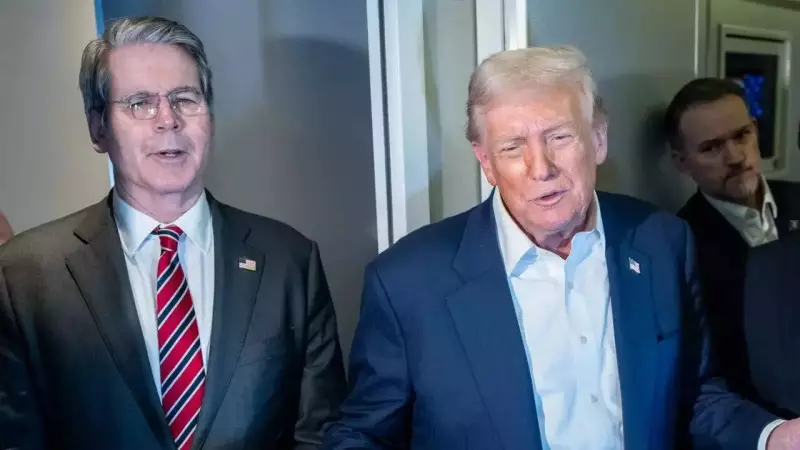
In a dramatic move that could reshape global security dynamics, former President Donald Trump has ordered the resumption of nuclear weapons testing, according to prominent investor and policy analyst Scott Bessent. This decision comes as the United States finds itself playing catch-up in the nuclear arena against rising competitors.
America's Nuclear Standing: Behind but Determined
Scott Bessent, speaking after Trump's directive, revealed that the United States currently trails China in nuclear capabilities but possesses the determination and technological prowess to close this gap. "The US is behind China but will catch up," Bessent stated, highlighting the urgency behind the testing resumption order.
Russia's Recent Tests Trigger Response
The decision to restart nuclear testing follows Russia's own recent nuclear trials, creating a triangular nuclear dynamic among the world's superpowers. This development marks a significant departure from decades of nuclear testing moratoriums and could potentially unravel existing arms control agreements.
What Trump's Testing Order Means for Global Security
The resumption of nuclear weapons testing represents one of the most consequential national security decisions in recent memory. This move could:
- Accelerate nuclear modernization programs
- Strain diplomatic relations with nuclear and non-nuclear states alike
- Potentially trigger a new arms race among nuclear powers
- Challenge existing international non-proliferation treaties
Strategic Implications for US Defense Policy
Bessent's analysis suggests that while China has made significant advances in its nuclear arsenal, the United States maintains the industrial capacity and technological innovation necessary to regain superiority. However, this path requires renewed testing to validate new warhead designs and delivery systems.
The return to nuclear testing underscores the evolving nature of global power competition, where nuclear capabilities remain the ultimate measure of military strength. As these developments unfold, the international community watches closely, aware that the rules of nuclear engagement may be changing fundamentally.





